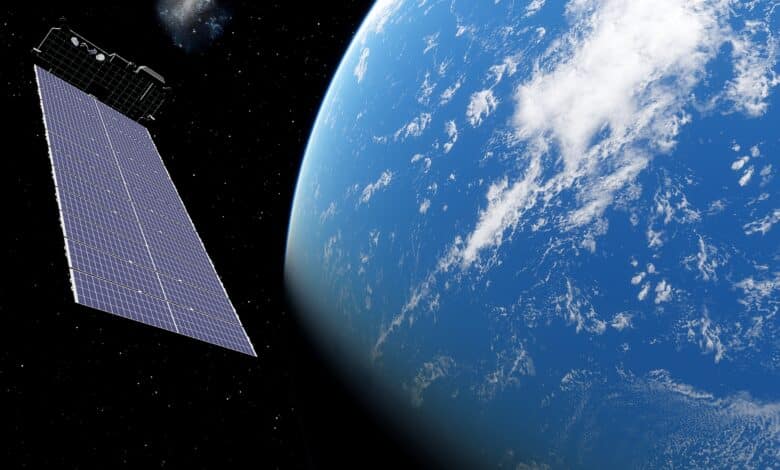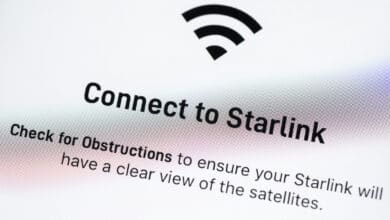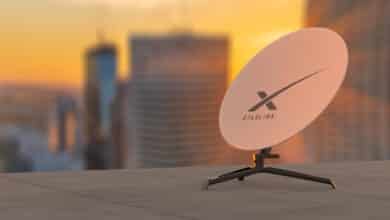
In 2020, SpaceX was pleased to receive millions in subsidies. In order to support the Starlink satellite Internet launched by Elon Musk, the U.S. telecommunications regulator FCC pledged support in the amount of $900 million. Now, two years later, however, it appears that the money hoped for will not be forthcoming after all.
Last-second rejection
SpaceX, Elon Musk’s aerospace company, has been hit with bad news. Thus, the telecommunications regulator (FCC) in the U.S. has a 900 million U.S. dollar subsidy payment at the last second after all not made. The focus of the financial support was Starlink, SpaceX’s satellite Internet. The aim of the subsidy was to provide stable Internet access even in remote regions. However, the money was not even turned on because the authorities apparently did not consider it proven that Starlink could actually provide the desired stable Internet. In particular, the telecommunications regulator apparently saw a big question mark over the desired bandwidth.
Starlink is an unsafe investment
Since false subsidies can quickly draw the ire of citizens in the U.S., they have come under far stricter scrutiny in recent years than was previously the case. Accordingly, the FCC’s statement is not surprising when it talks about only paying subsidy money of almost a billion US dollars if you are 100 percent convinced. This does not seem to be the case with Starlink. Although the company is already impressed by the performance of satellite Internet, the technology is still in development.
However, the fact that Starlink is not yet fully developed from the FCC’s point of view seems to be only one side of the coin. On top of that, the authorities seem to be asking themselves whether this investment is worthwhile in the long run. After all, it would only be worthwhile if it could be assumed that the inhabitants of the corresponding remote locations would also buy the corresponding antenna for reception. Since this costs just under 600 US dollars, only a few can be expected to do so.
SpaceX is silent
Since Elon Musk’s company has certainly already firmly budgeted for the public funds, the decision is likely to amount to a punch in the gut. What SpaceX’s stance is on the FCC’s backdown, however, is as yet unknown. After all, the company behind Starlink has not yet commented on it. Other companies that have taken up the cause of fast Internet should fare better. The FCC has provided an impressive 5 billion US dollars for fiber-optic expansion in particular. For Starlink, the whole thing should be a damper, since the competition in the field of satellite Internet is not sleeping. With Project Kuiper, for example, Amazon is currently in the starting blocks with its own satellite Internet. European companies such as Eutelsat have also already taken a close look at the presumed Internet of the future. The French company recently bought OneWeb, a company focused on satellite Internet.




No replies yet
Neue Antworten laden...
Gehört zum Inventar
Beteilige dich an der Diskussion in der Basic Tutorials Community →